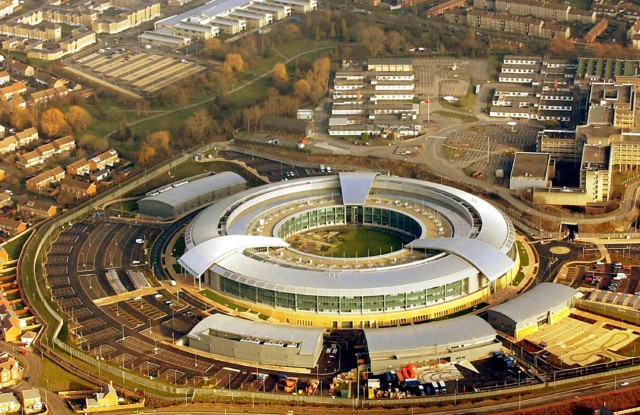BORIS Johnson is today announcing a huge £21billion war chest to transform our armed forces and become a global Naval power once again.
The biggest investment in defence since the Cold War will be used to create a new space command, cyber force and artificial intelligence agency, the PM proudly declared today.

In a defiant speech outlining an exciting vision for the nation’s post Brexit future, the Prime Minister declared the “era of retreat is over” and he would give the nation’s defences the biggest cash injection for decades.
He said today he “refused” to vindicate any more gloomy forecasts about the state of Britain today by “picking up the scalpel” to defence budgets yet again.
Instead he promised: “The era of cutting our defence budget must end, and it ends now.”
He announced the Government would spend an extra £24.1 billion over the next four years on defence – £16.5billion more than the Tory manifesto promised last year.
“We’re going to use extra spending to restore Britain’s position as the foremost naval power in Europe,” he declared.
He said Britain must stand alongside our allies and in order to this “we need to upgrade our abilities across the board”.
The largest chunk of the extra money will be spent on a “space command” that could launch Britain’s first rocket in 2022.
Billions of pounds have also been earmarked for a National Cyber Force of hackers to tackle online threats.
It will be a joint operation between the military and spy agency GCHQ.
A new Artificial Intelligence agency will be created to focus on the advances in that area.
In a Twitter video this morning the PM said: “Defence of the realm is the first duty of Government.
“Let’s end the era of retreat and extend British influence as a force for good in the world.”
It is thought it will be part of the Department of Digital, Culture, Media and Sport.
‘THE ERA OF RETREAT IS OVER!’
The government said the increased military spending will cement the United Kingdom’s position as the largest defence spender in Europe, the second largest in NATO, and allow increased investment in areas such as cyber and space.
The announcement comes after the head of the RAF Air Chief Marshal Sir Mike Wigston said that future wars may be won or lost in space.
Downing Street warned that threats to the country would no longer be confined to a distant battlefield, adding Britain’s enemies could reach people “through the mobile phones in their pockets or the computers in their homes.”










